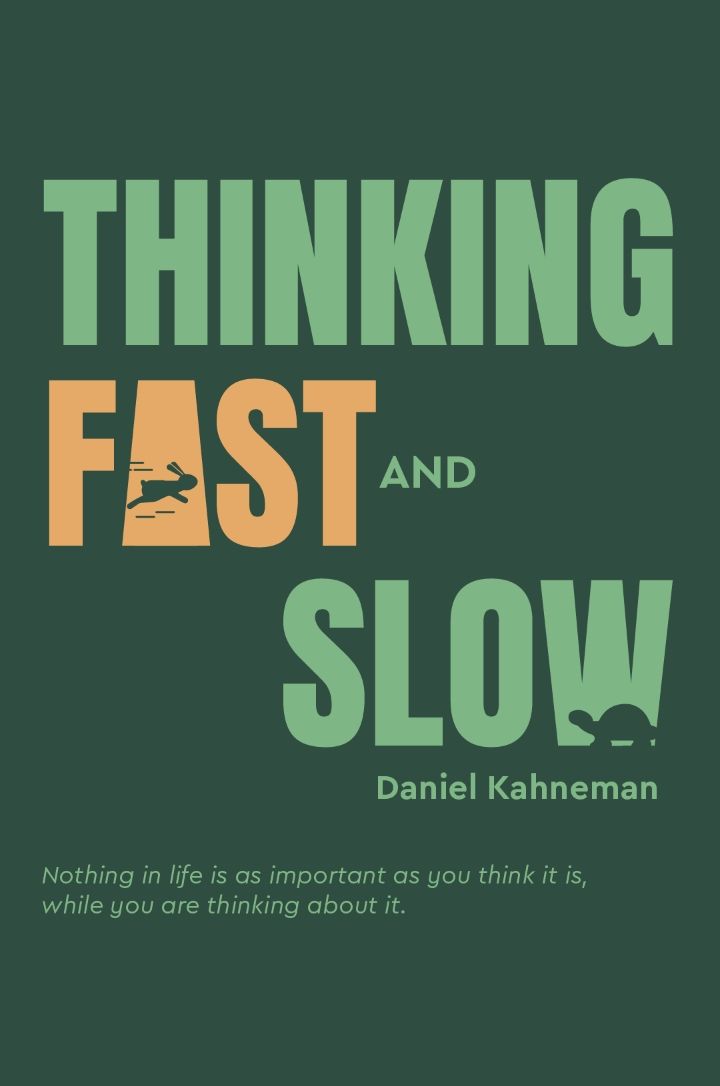Audio available in app
They avoid emotional reasoning from "summary" of Critical Thinking by David McKay
Emotional reasoning is a common cognitive bias that can hinder critical thinking. When individuals engage in emotional reasoning, they allow their feelings and emotions to dictate their beliefs, decisions, and actions. This can lead to irrational thinking and poor decision-making based on subjective feelings rather than objective evidence. By avoiding emotional reasoning, individuals can approach situations with a more rational and logical mindset. This involves setting aside personal biases and emotions in order to evaluate information objectively. Instead of letting emotions cloud their judgment, individuals who avoid emotional reasoning focus on analyzing facts, evidence, and logical reasoning to form their conclusions. When individuals avoid emotional reasoning, they are better equipped to assess situations accurately and make informed decisions based on evidence and logic rather than emotions. This can lead to more effective problem-solving, decision-making, and critical thinking skills overall. In order to avoid emotional reasoning, individuals must be mindful of their emotions and how they may influence their thinking. They should take the time to reflect on their feelings and consider how they may be affecting their judgment. By recognizing and acknowledging their emotions, individuals can then work to set them aside and approach situations with a more objective perspective.- Avoiding emotional reasoning is essential for developing strong critical thinking skills. By setting aside personal biases and emotions, individuals can evaluate information objectively and make decisions based on evidence and logic. This can lead to more effective problem-solving and decision-making in a wide range of situations.
Similar Posts
Learning to differentiate between what is important and what is trivial is crucial for mental clarity
Recognizing what truly matters and what is merely insignificant holds the key to cultivating mental clarity. This distinction i...
Anchoring can impact investment decisions
Anchoring refers to the tendency for individuals to rely heavily on the first piece of information they receive when making dec...
The quest for knowledge should never end
It is a fundamental belief that the pursuit of knowledge is a never-ending journey that should be embraced by all individuals. ...
Memory is fallible and can be influenced by external factors
It's easy to trust our memories. After all, they are what we rely on to navigate through our everyday lives. But what if I told...

Cognitive ease can guide our preference for products
Consumers are influenced by a variety of factors when making purchasing decisions, and one such factor is cognitive ease. Cogni...
Generalizations are based on specific instances
When we make generalizations about the world around us, we are essentially drawing conclusions based on the specific instances ...
A clear perspective can enhance motivation
When we have a clear perspective on our goals, obstacles, and strategies, we are better equipped to stay motivated and focused....

Avoid unnecessary risks and focus on protecting your downside
When you start thinking about risk, make sure you think about it in terms of probability and consequences. Always consider the ...

The human mind is capable of great discoveries and understanding
The human mind possesses a remarkable capacity for uncovering new truths and comprehending complex ideas. It is through the pow...
Embracing discomfort can lead to personal growth
When we are faced with discomfort, our natural instinct is to avoid it at all costs. We seek comfort and security in familiar s...

